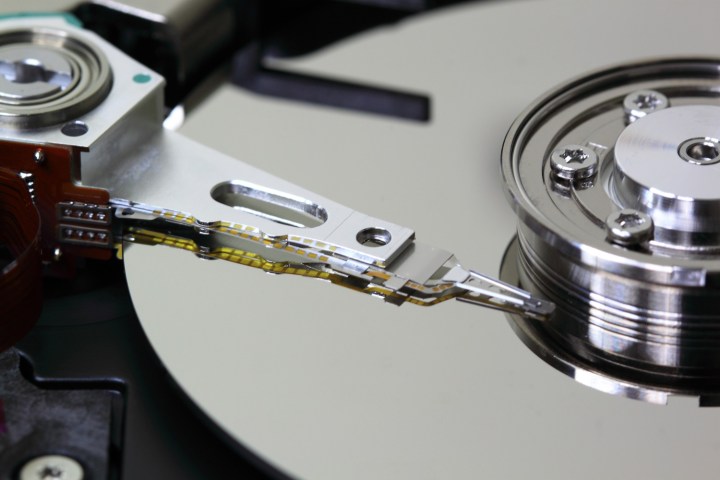
That honor goes to a few server pods using Toshiba and HGST hard disks. Specifically, Toshiba-brand and HGST-brand industrial sized 4TB and 8TB hard disks which Backblaze uses in custom-built pods — essentially massive stacks of hard disks used to store your cloud data.
According to Ars Technica, each pod is comprised of 45 to 60 identical hard disks and the pods which used the Toshiba and HGST hard disks (three pods running 4TB Toshiba hard disks, and one 45-disk pod running 8TB HGST drives), managed to make it through an entire year of heavy usage without a single drive spindle failing.
Altogether, the Toshiba drives managed 1.2 million hours of aggregate usage in 2016, all without a single drive spindle failure. That failure rate eclipses even Toshiba’s most optimistic manufacturer estimates, which suggest that you should see at least one failure per million hours of aggregate usage.
Backblaze’s findings for 2016 show an overall failure rate — including all of their hard disks — just under 1.95 percent, which is the lowest the cloud storage provider has ever seen. So what does that mean for you? Well, there are two takeaways here.
One, hard disks — despite the supremacy of solid-state drives — are getting more and more reliable as manufacturers gear their highest-storage options toward the needs of cloud service providers like Backblaze. Secondly, cloud storage providers are becoming more reliable as their hardware and storage methodologies improve.
Not to mention hard disks are getting massive. Backblaze employs a number of hard disk pods which employ 8TB hard disks from Seagate and HGST, the storage space equivalent of a jumbo-jet hangar.


